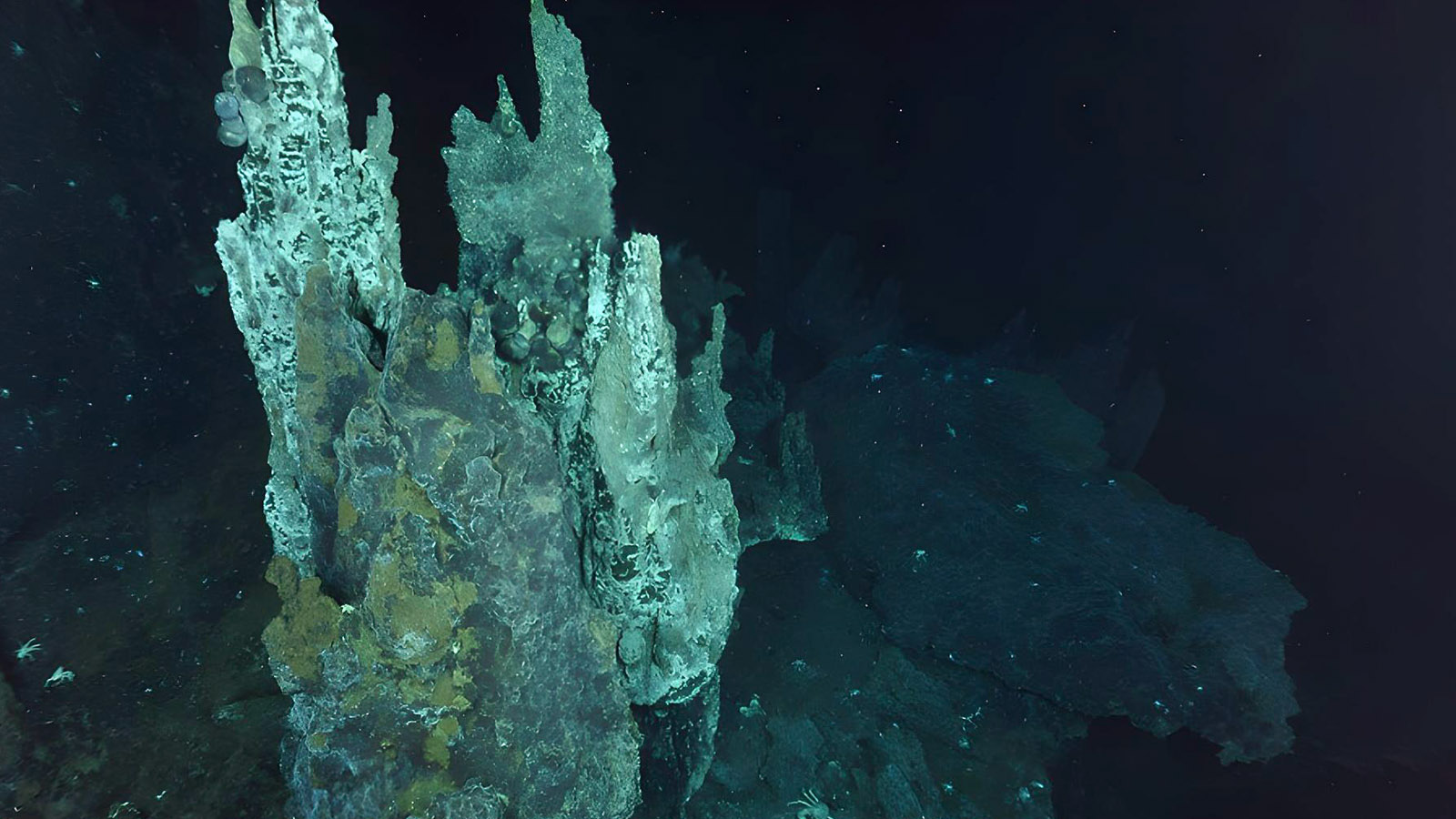
Most marine organisms host microbes that are essential to their health, ecology, and evolution. For species living in extreme environments—such as oxygen-depleted “dead zones” or deep-sea hydrothermal vents—these microbial partnerships can be vital for survival. Research in the Beinart Lab at the University of Rhode Island uses advanced genomic techniques to reveal how microbes interact with marine animals and with each other through symbiosis, particularly in these challenging oceanic habitats. This work enhances our understanding of the role and significance of microbes in sustaining marine ecosystems.
A recent study from the lab investigates the evolutionary impact of the 2022 Hunga volcanic eruption on hydrothermal vent communities in the Southwest Pacific. Researchers analyzed mollusk-microbial symbioses from the Lau Basin using metagenomic sequencing to compare pre- and post-eruption genetic data. They found that while animal host populations showed minimal changes in genome-wide diversity, they experienced a long-term decline in effective population size, likely exacerbated by the eruption. In contrast, microbial symbionts exhibited a significant loss in genomic variation, including the disappearance of habitat-specific strains. However, environmental DNA evidence suggests that some strain diversity may be recoverable from free-living microbial pools.
Their work relied heavily on high-performance computing (HPC) resources provided by MGHPCC to process and analyze large-scale genomic datasets. Computational workflows included genome assembly, variant calling, and population genetics modeling, enabling the team to detect subtle evolutionary signals across complex symbiotic systems. The study highlights the critical role of research computing in understanding ecological resilience and evolutionary dynamics in extreme environments.